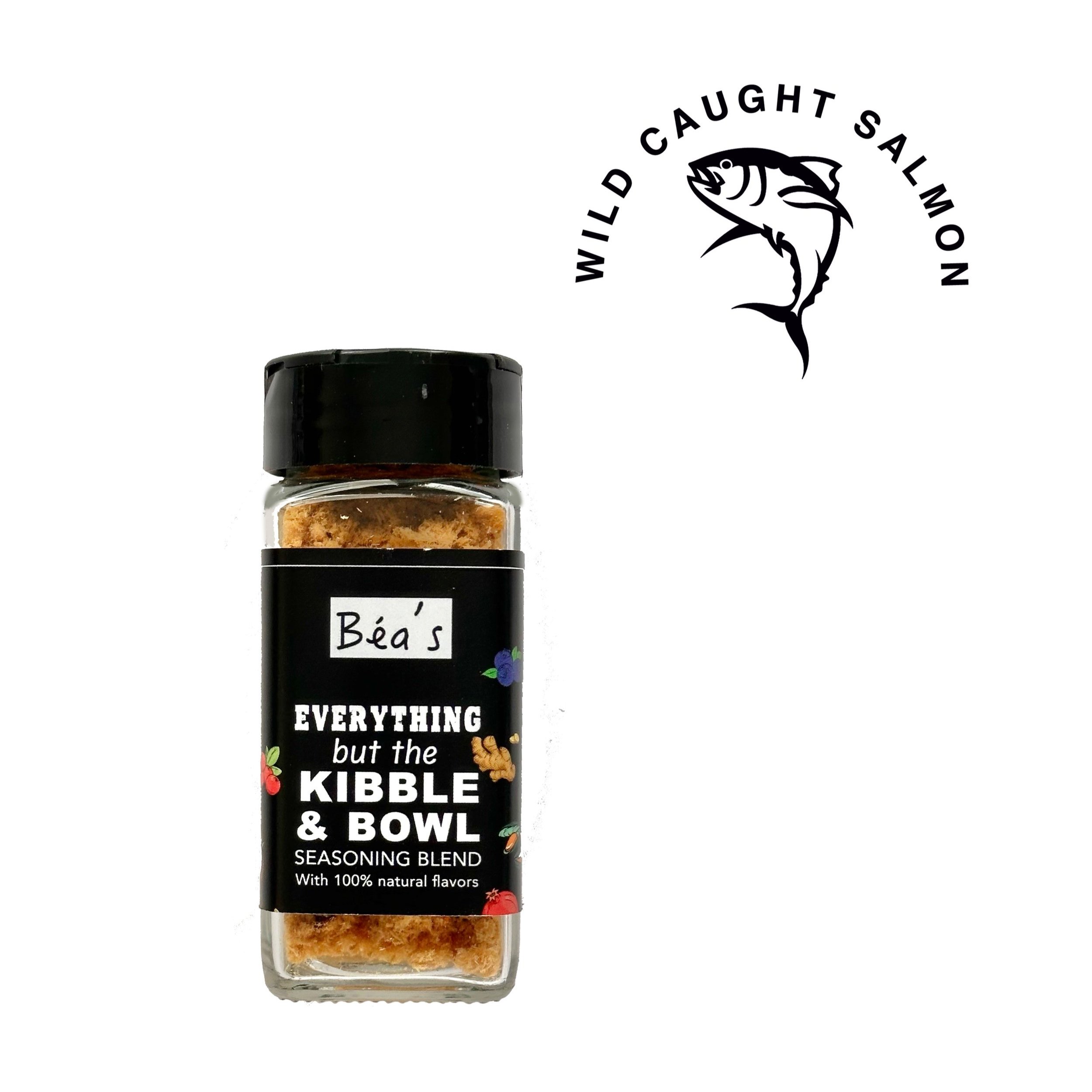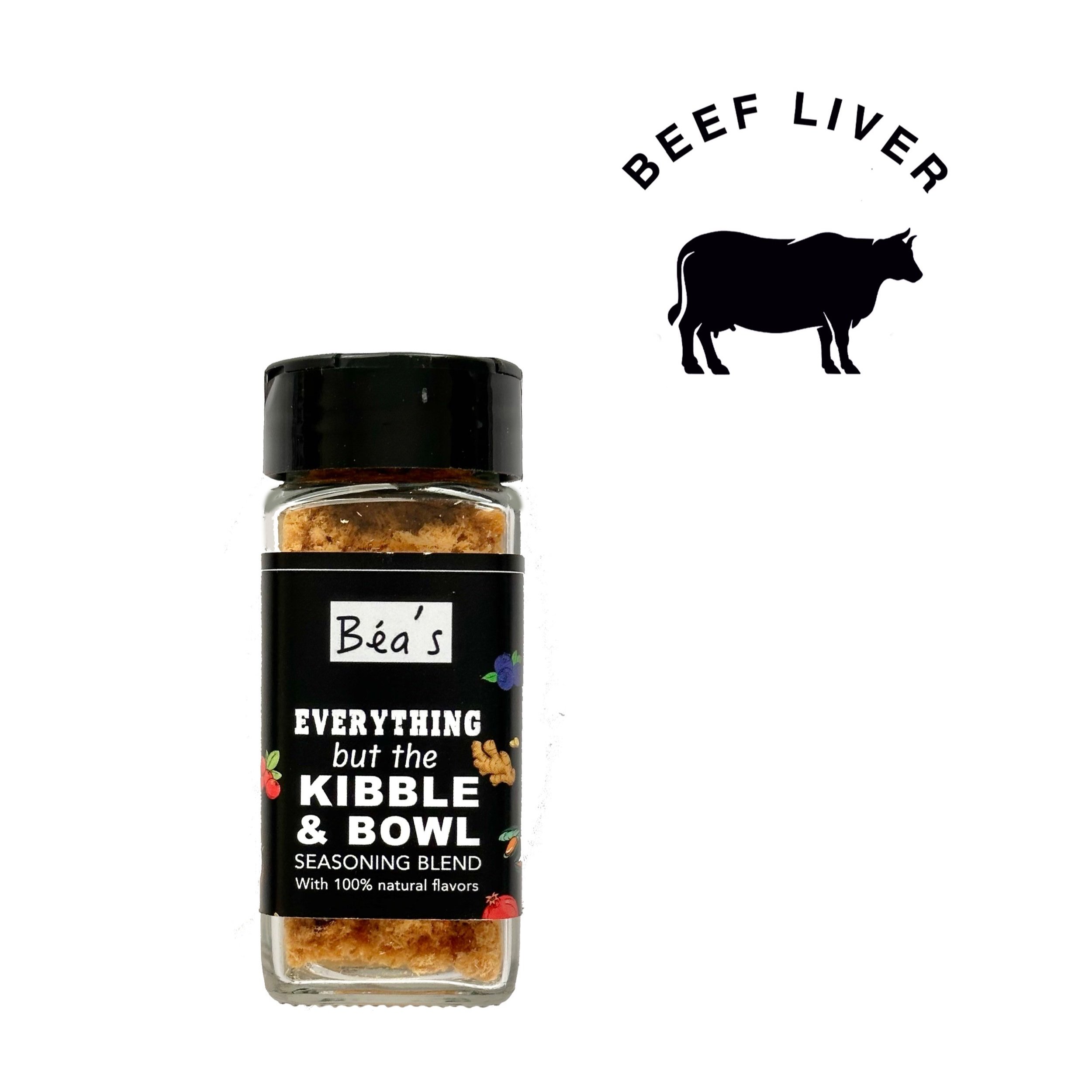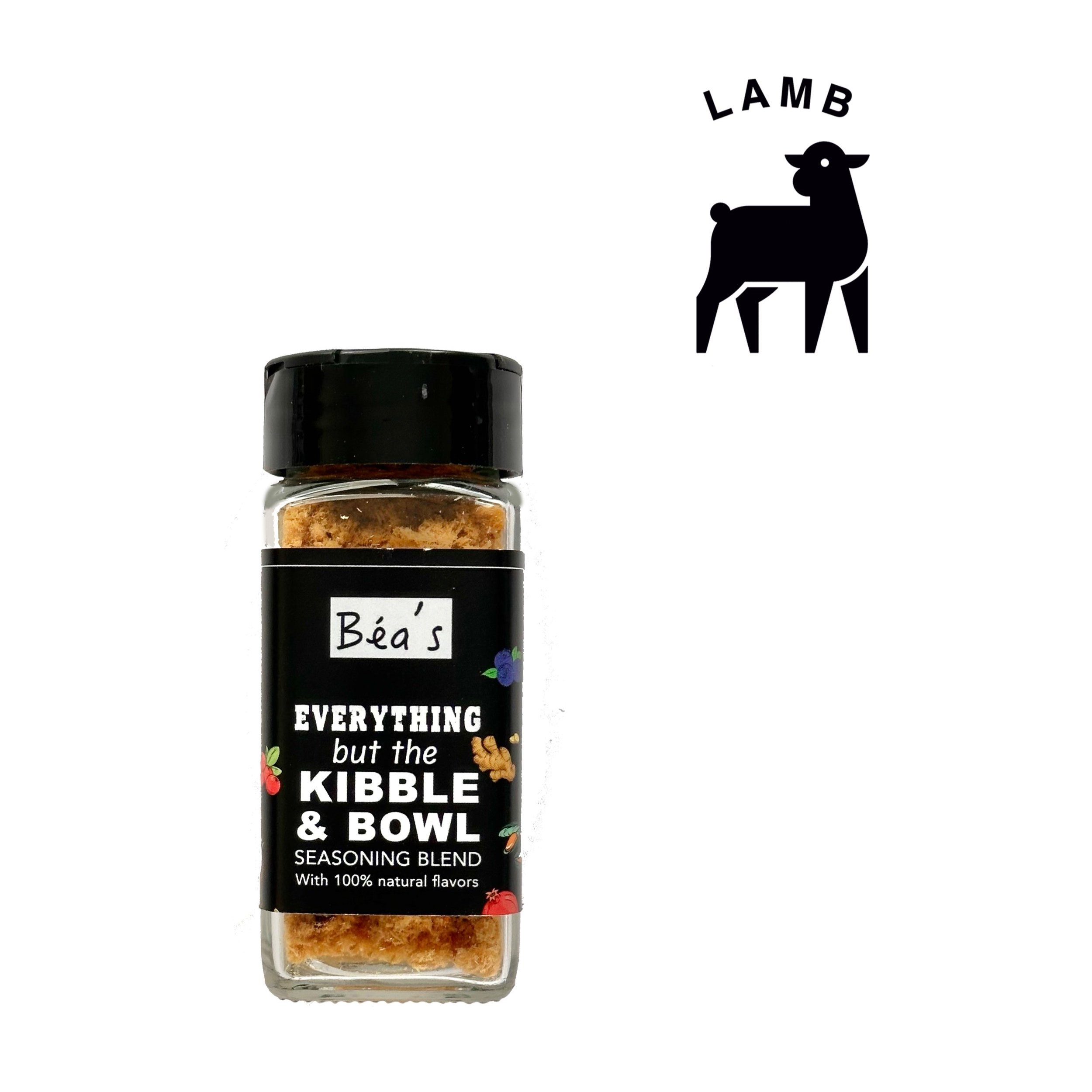The Benefits of Omega-3 Oils for Dogs
A Complete Guide
Omega-3 fatty acids are essential nutrients that play a vital role in your dog's overall health. From promoting a shiny coat to supporting joint health, the benefits of Omega-3 oils for dogs are numerous. Whether your dog is dealing with skin allergies, inflammation, or simply needs an extra boost for their heart and brain health, adding Omega-3 fatty acids to their diet can be a game-changer. In this article, we’ll explore the top benefits of Omega-3 oils for dogs and how they can improve your furry friend’s well-being.
1. Supports Healthy Skin and Coat
One of the most visible benefits of Omega-3 oils for dogs is their ability to enhance skin and coat health. Omega-3 fatty acids, particularly EPA and DHA, help nourish your dog’s skin from the inside out, reducing dryness, itching, and inflammation.
Shiny coat: Regular use of Omega-3 oils can improve the quality of your dog’s fur, giving it a healthy, glossy appearance.
Prevents dry skin: Omega-3 oils help combat dryness and flakiness, making them especially beneficial for dogs prone to skin allergies or sensitivities.
2. Reduces Inflammation and Supports Joint Health
Omega-3 oils have strong anti-inflammatory properties, making them an excellent supplement for dogs suffering from arthritis or other inflammatory conditions. For older dogs or those with joint pain, Omega-3s can help reduce stiffness, improve mobility, and provide pain relief.
Arthritis relief: Omega-3 oils reduce inflammation in the joints, alleviating symptoms of arthritis and improving quality of life.
Improved mobility: Dogs with joint problems may experience better movement and reduced pain after taking Omega-3 supplements regularly.
3. Promotes Heart Health
Omega-3 fatty acids are known to support cardiovascular health by improving blood circulation and reducing triglyceride levels. This can be particularly beneficial for senior dogs or dogs prone to heart disease.
Improved heart function: Omega-3 oils help maintain a healthy heart by reducing inflammation and supporting normal blood flow.
Lower blood pressure: Regular intake of Omega-3 oils can help regulate blood pressure, reducing the risk of heart disease.
4. Boosts Brain and Cognitive Function
DHA, a specific type of Omega-3 fatty acid, plays a crucial role in supporting brain function and cognitive health. This is particularly important for puppies during development and for senior dogs who may experience cognitive decline.
Puppy development: Omega-3s support brain development in puppies, improving learning ability and overall cognitive health.
Senior dogs: For older dogs, Omega-3s may help slow down cognitive decline and support mental sharpness.
5. Supports Eye Health
Omega-3 fatty acids, especially DHA, are essential for eye health and vision. They can help reduce the risk of eye-related issues, such as dry eyes, and even protect against degenerative conditions in aging dogs.
Eye protection: Omega-3s can support overall eye health, reducing inflammation and helping to prevent certain eye conditions.
6. Reduces Allergies and Skin Sensitivities
Omega-3 oils are effective at reducing allergic reactions in dogs. They work by strengthening the skin’s barrier, reducing the amount of allergens that can penetrate the skin. If your dog suffers from seasonal allergies or food sensitivities, Omega-3s may help reduce symptoms like itching, redness, and irritation.
Allergy relief: Dogs with environmental or food allergies may benefit from the anti-inflammatory and skin-soothing properties of Omega-3 oils.
Healthy skin barrier: Omega-3s strengthen the skin’s natural barrier, preventing allergens from causing irritation.
7. Enhances Immune System Function
Omega-3 fatty acids are also known for their ability to boost the immune system. By reducing inflammation and promoting healthy cell function, Omega-3 oils can help your dog fight off infections and illnesses more effectively.
Stronger immune system: Omega-3s support your dog’s immune response, helping them recover more quickly from infections or illnesses.
Anti-inflammatory support: The anti-inflammatory effects of Omega-3s play a crucial role in maintaining overall immune health.
How to Safely Add Omega-3 Oils to Your Dog’s Diet
Fish oil: One of the most common sources of Omega-3 fatty acids is fish oil. Look for high-quality fish oil supplements specifically formulated for dogs.
Flaxseed oil: While fish oil contains EPA and DHA, flaxseed oil is another option that provides ALA, another form of Omega-3 fatty acid. However, fish oil is generally more effective for dogs.
Dosage: The appropriate dosage of Omega-3 oils for dogs depends on their size and needs. Always consult with your vet to determine the right amount for your dog’s specific situation.
Conclusion
Adding Omega-3 oils to your dog’s diet can provide a wide range of health benefits, from promoting a shiny coat and reducing inflammation to supporting heart, brain, and immune system health. Whether your dog is young and developing or older and dealing with joint pain or cognitive decline, Omega-3 fatty acids can significantly improve their well-being. Always choose high-quality sources of Omega-3s, such as fish oil or flaxseed oil, and consult your veterinarian to ensure the correct dosage for your dog’s specific needs. By incorporating Omega-3 oils into their routine, you’re giving your dog the nutrients they need to lead a healthier and happier life.









